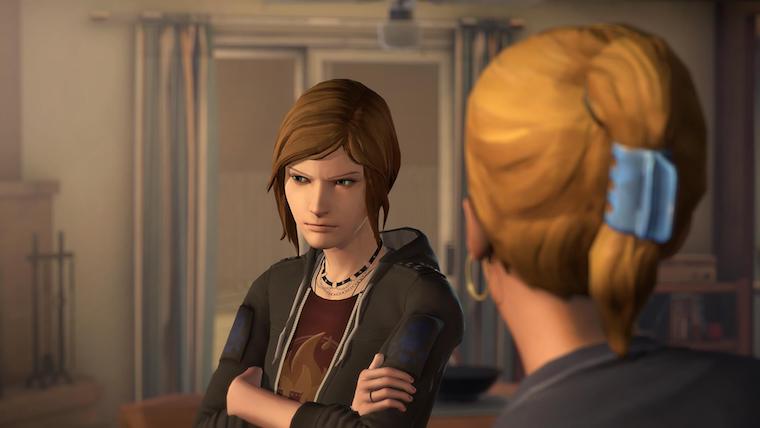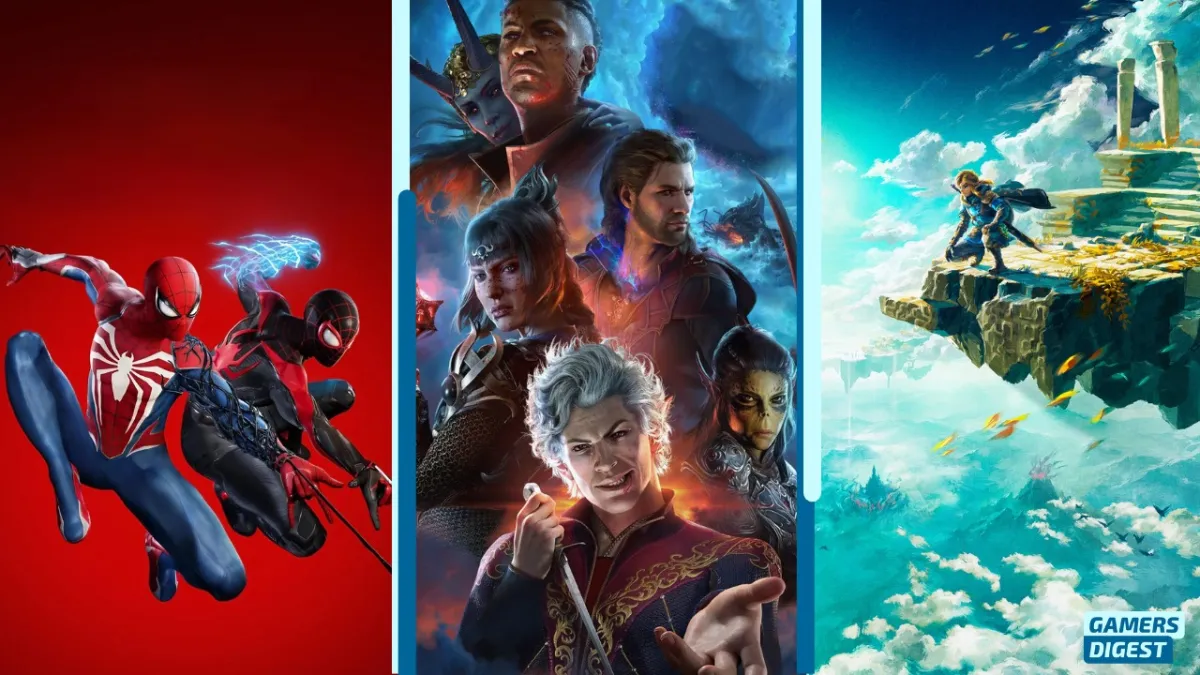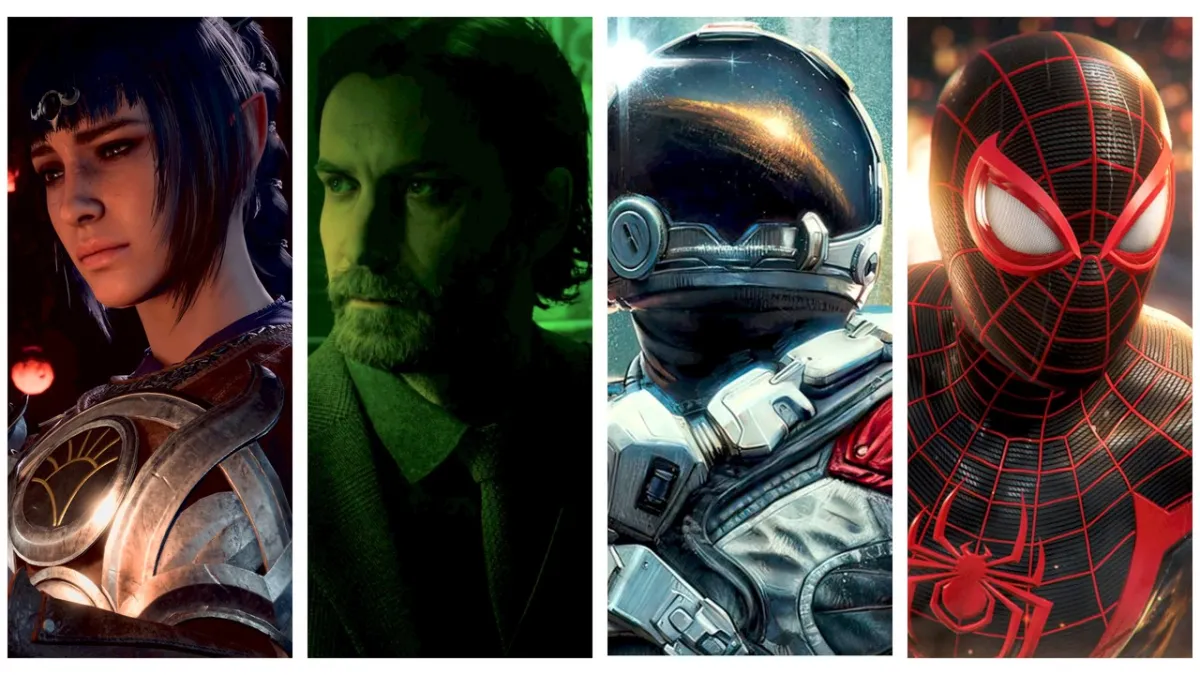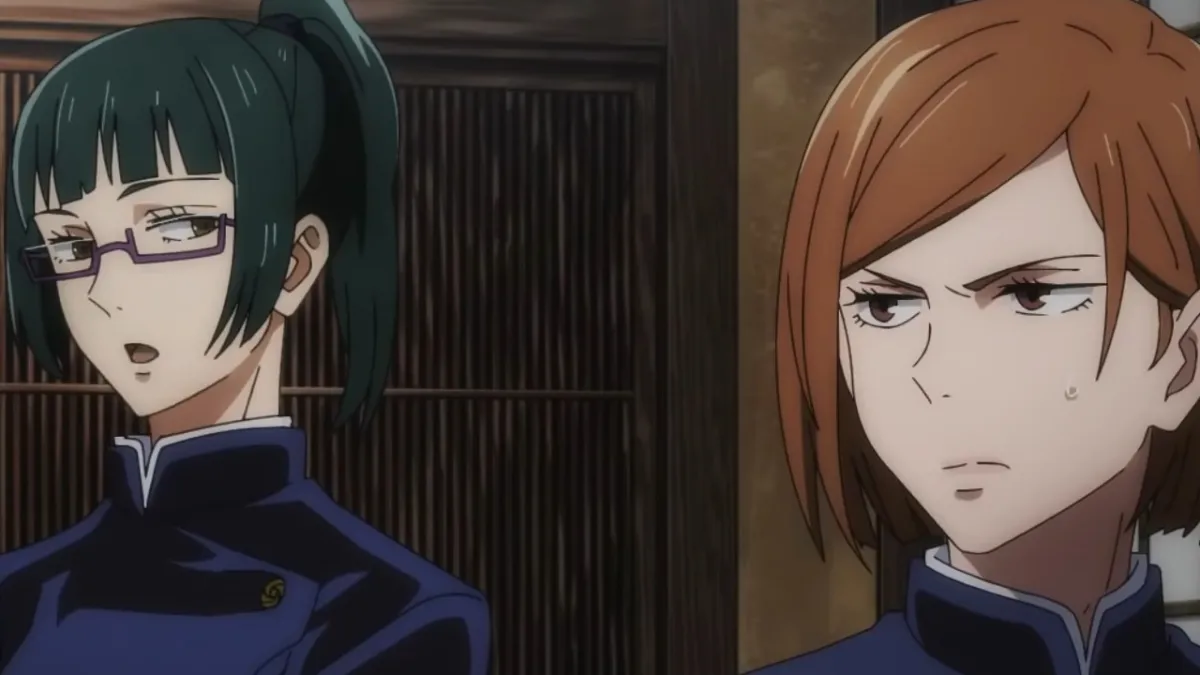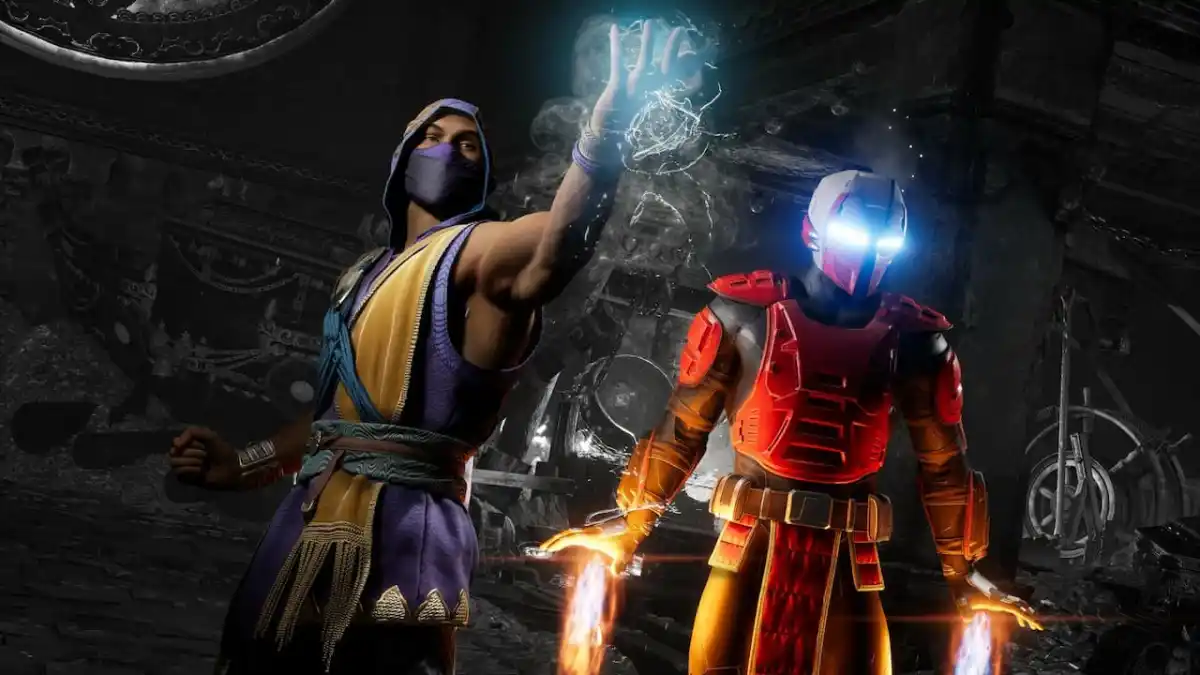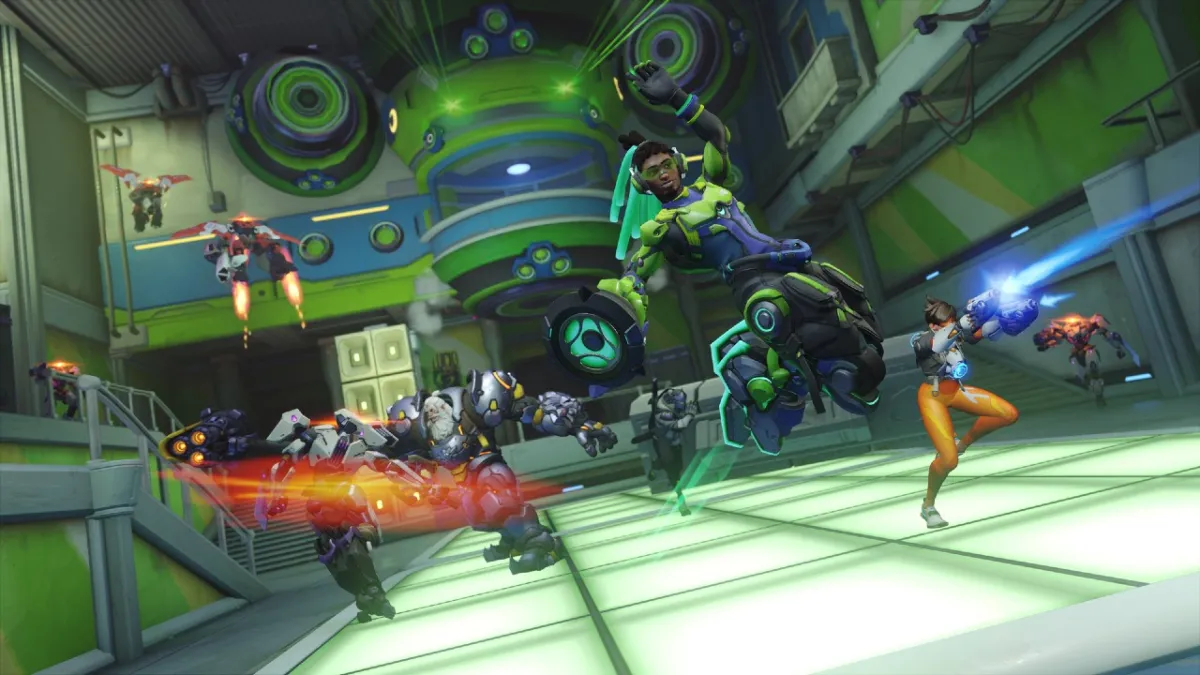Life is Strange: Before the Storm, a prequel to the original, was announced at E3 almost two weeks ago. While I was a fan of the first game, and am definitely looking forward to this one, there is something that I feel like could possibly hinder the experience the game brings. One of the most important mechanics in the first Life is Strange, and will be making a return in Before the Storm, is the ability for the player to make choices that impact the story and the playable character’s relationships with other characters. But for a game that works largely around this choice-based mechanic, I worry that Before the Storm may not be able to fully follow through with it.
The problem is that in Before the Storm, we’ll be playing as Chloe Price, a character that played a very large role in the first Life is Strange. So Chloe already has a previously established character and personality that players know from their experiences with her in the first game. The trouble with making a choice-based game where you play as a character who you already know acts a certain way is that it limits the kind and amount of choices the player can really make.
Chloe would only make certain choices
Due to Chloe being a previously established character, we know that there are only certain choices that she would realistically make based on what we know about her as a character. She’s a teenage delinquent, so she’s going to act like a teenage delinquent. As a character in the first Life is Strange, this is fine because she’s a character who acts independently of the player, so if she makes decisions we don’t like, it sucks, but it’s reasonable. Sometimes people will act in ways you don’t want them to. When she becomes the playable character, however, it’s less forgivable, from a story standpoint, for her to act in ways the player doesn’t want her to since, as a playable character in a game about choice, she and the player are supposed to be intrinsically connected.
This situation was evidenced in the early gameplay that was released of the game, in which, much of the time, we see the player being given the choice to either be a teenage delinquent or a teenage slightly-less-delinquent. Even when given the option to apologize, Chloe apologizes in a snarky, sarcastic kind of way. I imagine many players will not be happy with these kinds of false choices.
I had this kind of problem with parts of Quantic Dream’s Beyond: Two Souls a few years ago. There was a scene where the playable character is throwing a moody, teenage fit because she wants to go to a bar with some friends but her guardians won’t let her. So the goal was to break out and sneak over to the bar. But I, as the player, didn’t want to break out. I knew a teenager going to a bar would only bring trouble, so I wanted her to get over it and just stay in her room. I even tried just staying in the room for a long time, hoping that maybe there was a time mechanic that would let me just stay and not be able to break out if I took long enough. But alas, I had no choice in the matter and I had to break out and go to the bar.
Normally in video games, you’re given an objective, something the character you’re playing as decides, and you fulfill that objective without questioning it. For example, a lot of people were upset about the choice the playable character makes at the end of The Last of Us. I won’t spoil specifics here, but suffice it to say the character makes a decision independent of the player that some players may not be happy about. The difference, however, is that you never really made choices in The Last of Us that impact the story. The story is going to play out a certain way and your job as the player is simply to get from point A to point B. But it’s different with choice-based games. Choice-based games are meant to make the player feel like they have a role to play in shaping the story. That’s why it’s annoying when a supposedly choice-based game either makes important choices for you or gives you the choice between two or more actions that are really just slightly different versions of the same thing.
Since we already know Chloe to be a teenage delinquent from the original Life is Strange, we know how she’s going to act in Before the Storm; she’s going to act like a teenage delinquent. And while I certainly understand that Deck Nine and Square Enix are trying to tell a specific story that needs certain things to happen, a choice-based game can be frustrating if all, or even most, of the choices the player makes aren’t real choices.
It puts the player in an awkward position
Even when the player is confronted with an actual choice, such as stealing the money or not, it can put the player in a weird position. We know what Chloe would do; she’d steal the money and not think twice about it. Having that knowledge could potentially make the player feel obligated to make the decision they know the character would make, even if it’s not the choice the player wants to make.
This is one reason why I feel like Telltale’s first The Walking Dead game is so great. The character you play as, Lee, is a blank slate. You know very little about him at the beginning of the game. Therefore, any choices you make playing as him seem realistic. You could be the nicest guy in the world to everyone you meet or you could be a total dick; as far as you know, Lee could be either, so the player can be either, too. In the game, Lee never interacts with people he met before the zombie apocalypse (at least not as people), so there’s no precedent for how Lee acts toward people. This frees the player up to act any way they see fit. The player becomes Lee.
It looks like this probably won’t be the case in Life is Strange: Before the Storm. When given the choice between two or more actual, different options, there’s always going to be the option that players know Chloe would actually make, and players may therefore feel like they need to make that option. If they don’t make the choice that they think Chloe would, they could end up feeling like they’re playing the game “wrong” or they’re betraying the character by making her make a decision she wouldn’t really make. Ideally, in a choice-based game, the player should be able to make the decision they think is best, not feel like they have to make the choice the character would make or feel weird about making the character do something they wouldn’t actually do.
What I hope happens
I hope Life is Strange: Before the Storm presents a good amount of real, story-impacting choices that still feel like choices Chloe would realistically make. I realize that this is an incredibly difficult endeavor to pull off, but the people at Deck Nine probably knew how difficult this would be when they came up with the concept of playing as Chloe and hopefully they are able to execute it well. But most of all, regardless of what choices and what kind of choices are available to the player, I hope that the story is just as great as the first Life is Strange, because, at the end of the day, that’s the most important thing.


